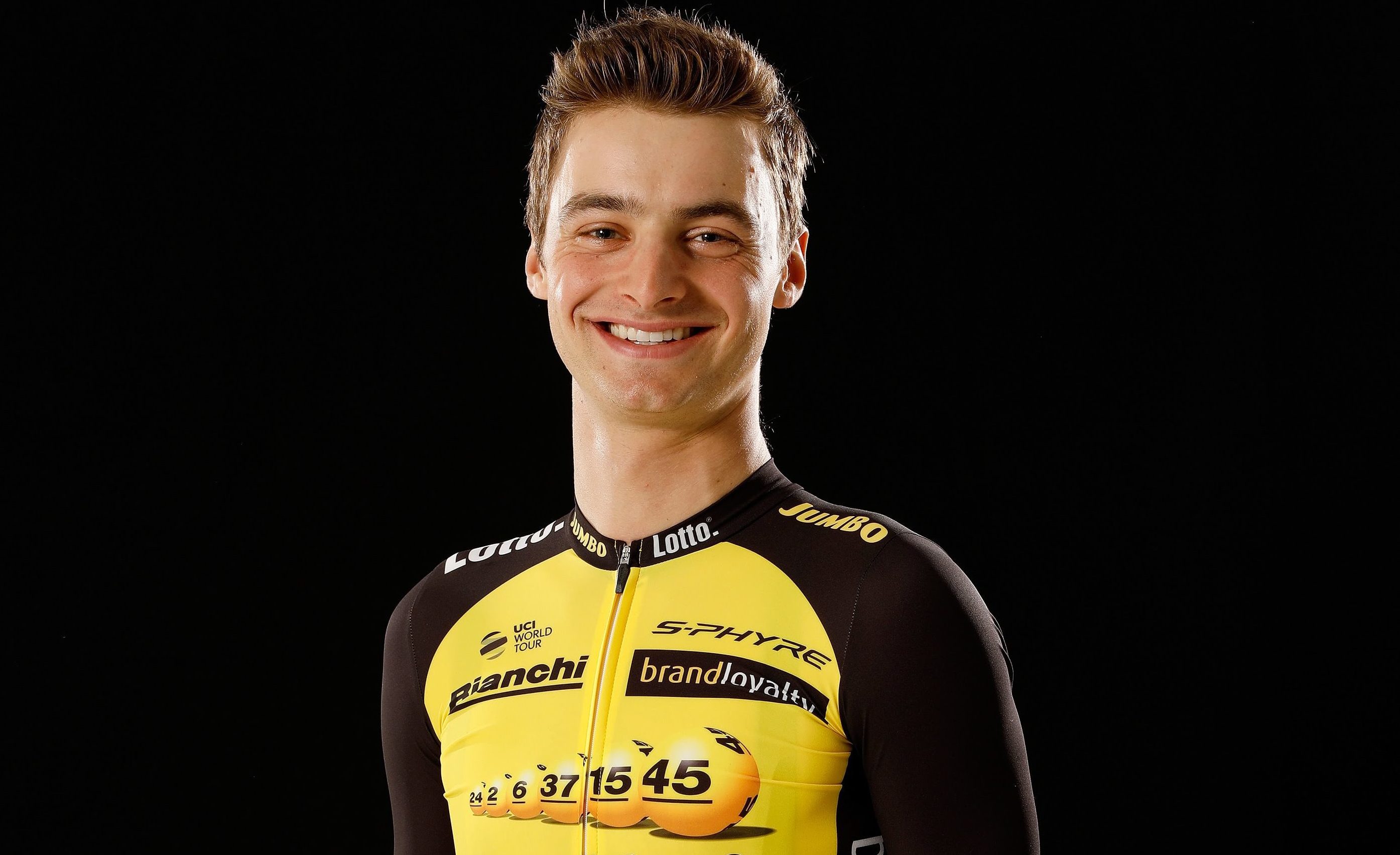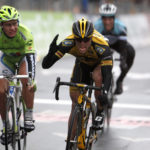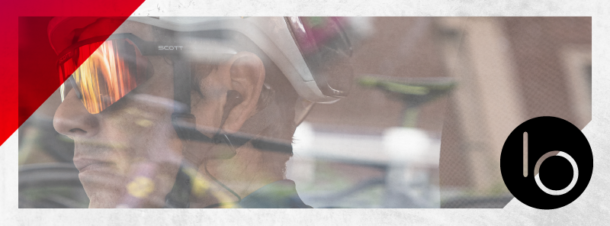Leaving home at a young age and going to Europe as a foreigner ensures that you grow up quickly. It can be more difficult than the riding aspect of racing to learn how to live and thrive in a vastly new place and environment. If you use that experience to mature quickly, that energy can get put into the right place: the bike.
I left Michigan to race in Europe for the first time when I was 16 years old. I was away for two and a half months, and I don’t think you can replicate that in many other ways. It is starkly different from going to university and yet more professionalism is expected. I think traveling from a young age has helped me begin to understand other cultures and learn domestic independence for travelling, cooking and communication and many other aspects of life. I was able to see that there’s much more than just my culture and upbringing. It opens your eyes.
Being away from home as an under 23 isn’t, but I believe as time goes on and your career progresses, it becomes an advantage. You’re thrown into cold, dirty, European races that are as foreign as you are, and you have to grow a thick skin. Your family is not there to come home to after a tough race. The food is not always your favourite, and we rarely have a homecooked meal. All of the Europeans with whom you are racing get to go home after each race to a comfortable situation, with their moms or dads cooking them food or taken to them at the races…life is just easier, but I think it also makes many of the racers soft when it comes to the tough times racing away from home.
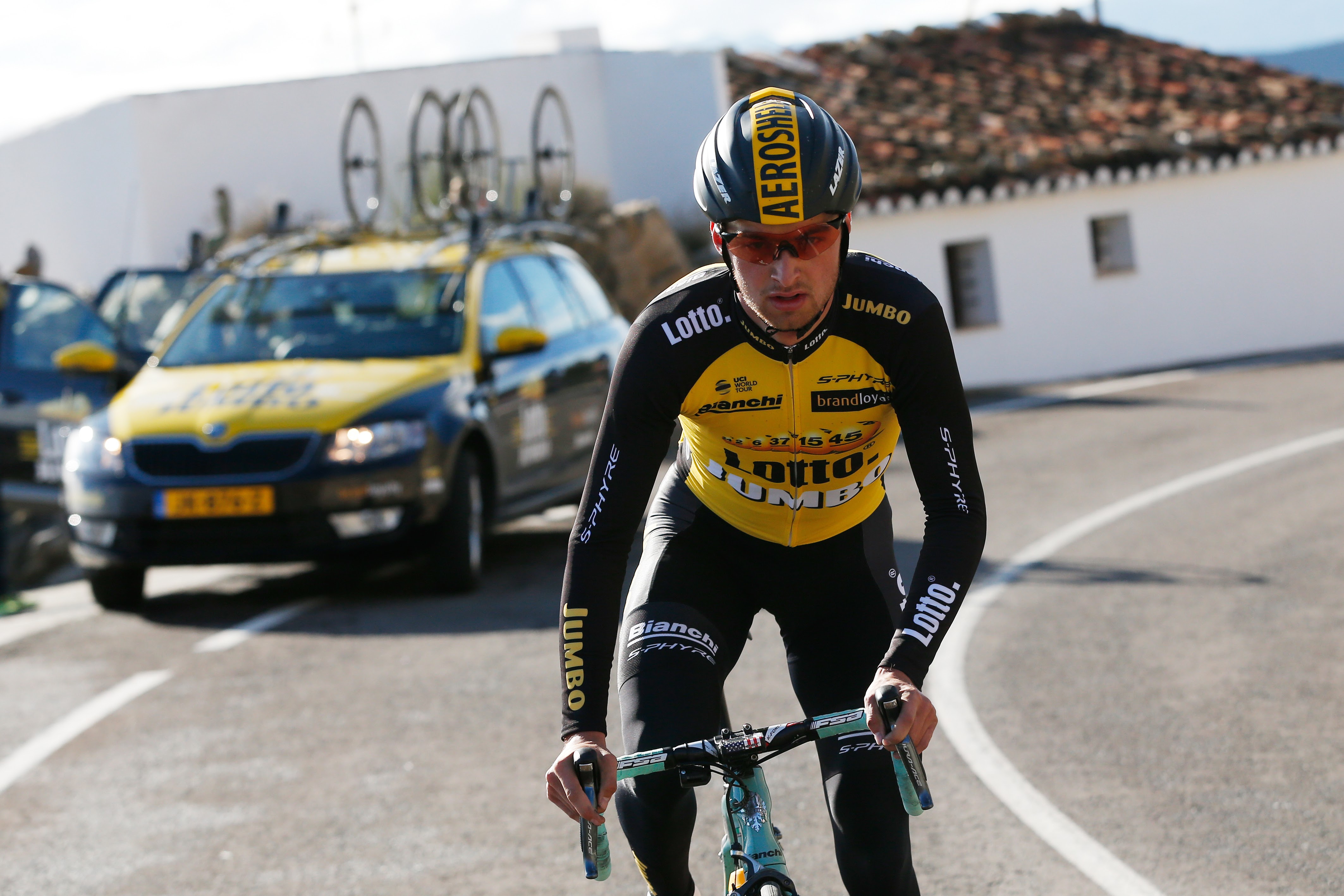
A lot of Americans who come over to Europe and race as under 23’s have girlfriends and lives back home. It can be quite lonely at times, especially if you don’t speak the language. There were many times over the past five years where I have been homesick. If it wasn’t for my ability to insert myself into new places, my love for the bike, road and the best of friends, I am not sure that I would have made it to this point.
As foreigners in Europe, we learn early on how to take care of ourselves, how to do laundry, cook, and shop…and as easy as those things sound, I have been bewildered to find riders who don’t know linguini from broccoli. It seems like such a mundane thing now, but when you’re not eating mama’s pasta every evening it teaches you a lot. Maybe that happens later for the Europeans, but it is challenging if you have to learn everything at the same time that you sign your first professional contract.
Europeans also don’t appreciate or understand the distance and sacrifices that Americans, Aussies, New Zealanders and others like us go through. One of the most irritating things is when a director tells you we can go home to rest, meaning home to your European base. As much as we make it home, it will never be HOME. When I was on the BMC development team, we went to the US to race Tour of Gila in 2014. Within 14 days all of the European riders were complaining about the food, not seeing their girlfriends or were just homesick. Their eyes opened as they realised that’s what we have to do all the time. I still have Europeans come up to me and say they are impressed the way that we handle it.
As much of an advantage in the long run as it is, I think the hard trip over the pond to Europe stops a lot of really good Americans from showcasing their true talent. It is no longer just pedalling a bike. USAcycling has been supportive of slowly letting riders like myself dip our toes into the water before jumping head first in to the deep end. You see many more riders being more comfortable with the move due to the trails carved by USAC and riders before us.
The step up to the World Tour has been an eye opener for me. In my third stage race last year, Catalunya, there was a stage where we raced full gas for 120 kilometres as the big teams weren’t happy with the break compositions.
I had never fully spun out in my 53×11 for so long, and I thought it was never going to end. I was worried about getting dropped, so every position I could take around a turn or up a slight hill, I’d take so I wasn’t the last rider.
We went through the feed zone, and I looked at my soigneur like, ‘what is going on.’ I was proud of myself for being up there for the first 50km trying to get into the break. It teaches you how much work you have to put in when you come from the under 23 ranks.
Now two years into my professional career, I expect that high speed and can see when it’s coming. You also see yourself progress and get stronger. Working on being in better position and not always having to fight from behind was the biggest learning curve at the top level for me.
As the past two years have flown by, one of the big days which showed me I was getting better and deserved to be at this level was stage 3 of this year’s Dauphine. I marked the stage as one that could be good for the breakaway. I focused on it. When the days breakaway went away…I was there.
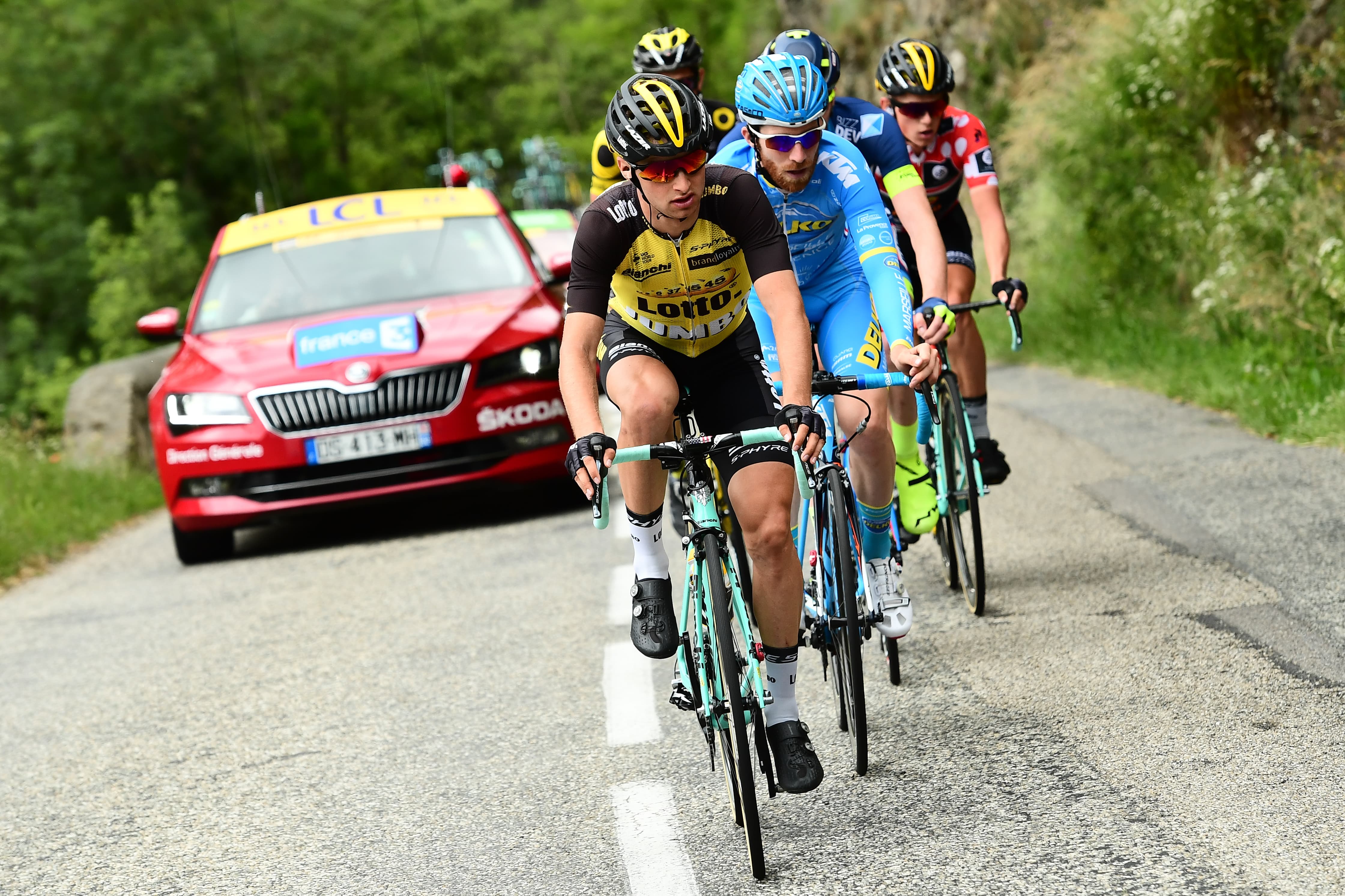
Alexey helping his teammate win stage 3 of Criterium du Dauphiné
Photo: ASO/A.Broadway
I had my teammate Koen there, and we immediately got more time than the peloton wanted us to have. Eventually they started pulling us back and everything was set up to normally get caught as happens 99% of the time, but then, at 20km to go we realised they weren’t pulling it back as quickly as they needed to. We were in a group where everyone was committed, and we started riding hard; we started to believe. We knew the course well and had a great director in our ear.
I really wanted to sprint for the win, but we were the World Tour team in the break and really needed to get the win, so I made one of the biggest decisions in my life. I looked at Koen, and he told me he was unbeatable that day. You have to trust so much in that moment; that’s when you truly know your teammates, and so, I decided to ride for him. I gave up my chance to win. I’d never done that before, and it hurt a little bit but was an amazing feeling when he won. Taking the stage win with two young guys up there was very special, and that’s one of the most special days of racing for me, Koen, as well as our director Frans Maasen.
In a scenario like above, the conversations that you are able to have are 2 or 3 seconds long as you’re passing each other in the pace line. You’d be like ‘how are you feeling,’ then wait 30 seconds later for the answer as you pass each other again. It takes 5 kilometres to have a 30 second conversation. You do not want to give away your cards, but you also need to talk, and it is those experiences that build your cycling career.
Last modified: Jan 20, 2020
